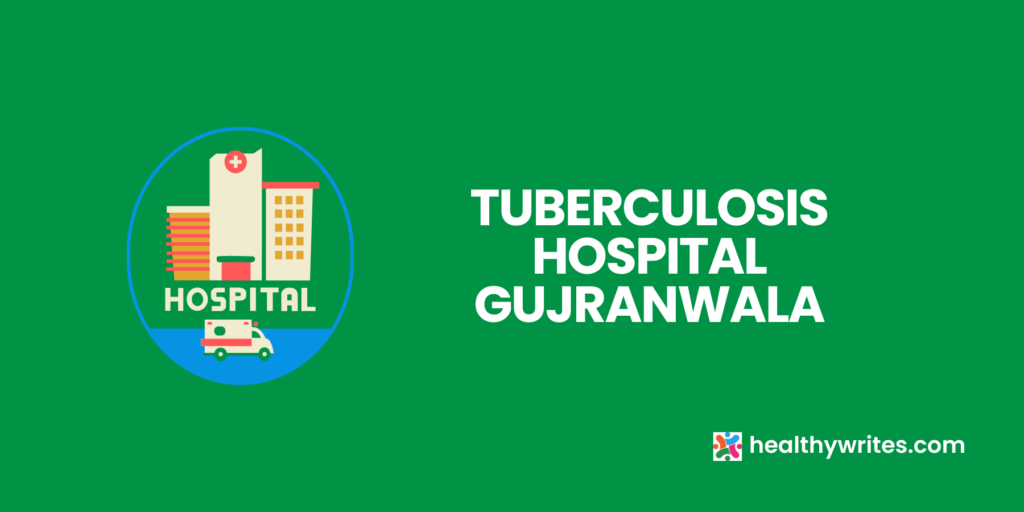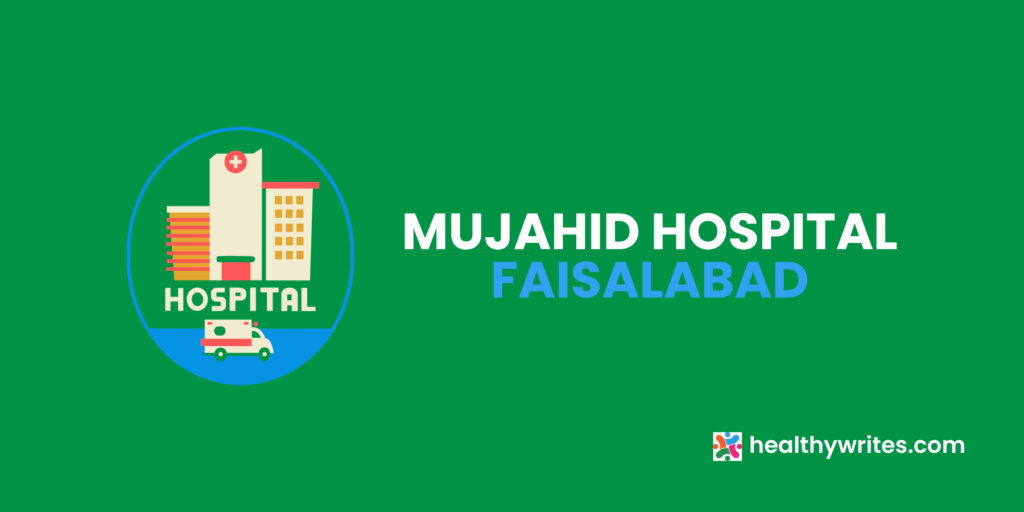The Tuberculosis Hospital in Gujranwala is a dedicated public health facility focused on diagnosing, treating, preventing, and managing tuberculosis. It supports both pulmonary and extrapulmonary TB cases, serving as a key referral center under national and provincial TB control initiatives.
📍 Location & Accessibility
Centrally located in Gujranwala, the hospital is accessible via buses, private vehicles, and ambulances. It includes basic parking, patient drop-off zones, wheelchair-friendly access, and clear signage to assist patients and their families.
🏥 Core Services & Departments
- Outpatient TB Clinics: Provides initial assessment, sputum testing, chest X-rays, and ongoing care with directly observed therapy (DOT) under standardized protocols.
- Inpatient Isolation Wards: Equipped with well-ventilated, separate wards for confirmed TB cases, including isolation protocols and sometimes negative pressure rooms.
- Diagnostic Laboratory: On-site sputum microscopy, GeneXpert testing, chest radiography, and support for culture and drug sensitivity tests (DST).
- DOT & Adherence Unit: Structured daily oversight of medication intake, side effect monitoring, counseling, and special programs for drug-resistant TB (MDR/XDR).
- Contact Tracing & Community Outreach: Active fieldwork for identifying and testing close contacts, screening camps, and community education initiatives.
- Supportive Care Services: Nutritional guidance, psychosocial counseling, and links to social welfare services to bolster patients’ overall well-being.
✅ Strengths & Highlights
- Focused TB Care: A one-stop center for TB diagnosis, treatment, and follow-up under standardized public health programs.
- Infection Control: Dedicated isolation wards, staff trained in infection prevention, and strict safety protocols.
- Community-Centered Approach: Emphasis on DOT, home visits, contact tracing, and public awareness activities.
- Standardized Treatment: Adherence to national TB control guidelines ensures consistent therapy quality and drug resistance tracking.
⚠️ Challenges & Areas for Improvement
- Capacity Pressures: High patient volume may lead to delays in admissions or treatment initiation during peak times.
- Limited Staff Resources: Need for more trained TB nurses, counselors, and lab technicians to optimize service delivery.
- Advanced Diagnostics Access: Expanding in-house culture or DST capabilities would improve drug resistance detection and patient management.
- Comprehensive Patient Support: Strengthening nutritional and psychosocial programs could enhance treatment adherence and overall patient outcomes.
📈 Recent Initiatives & Community Integration
- Deployment of GeneXpert machines to speed up diagnosis and rifampicin resistance detection.
- Strengthened community DOT programs with regular home visits and follow-up care.
- Partnerships with NGOs and health departments for contact tracing and community education.
- Staff training sessions on infection control, patient counseling, and drug-resistant TB management.
- Public awareness campaigns in schools and community centers to emphasize early detection and treatment.
❓ FAQs – Tuberculosis Hospital, Gujranwala
Who can be treated here?
Anyone suspected or confirmed with TB can access free diagnosis and treatment as part of the national TB control program.
Is inpatient care available?
Yes – isolation wards are available for patients needing intensive supervision or hospitalization.
What tests are offered?
On-site sputum microscopy, GeneXpert, chest X-rays, and sample collection for culture and DST services.
Is medication supervised?
Yes – DOT ensures daily supervised treatment, side-effects monitoring, and essential counseling support.
Are drug-resistant cases treated?
Yes – MDR/XDR-TB management is available, including access to second-line medications and referral pathways when needed.
Is community support provided?
Yes – includes home visits, nutritional and psychological counseling, and contact tracing for at-risk household members.
🔍 Conclusion
The Tuberculosis Hospital in Gujranwala plays a vital role in regional TB control, offering structured, program-led care from diagnosis through treatment and community follow-up. Enhancing diagnostic facilities, staffing, and patient support systems will further strengthen its capacity to combat TB and improve patient outcomes within the community.





